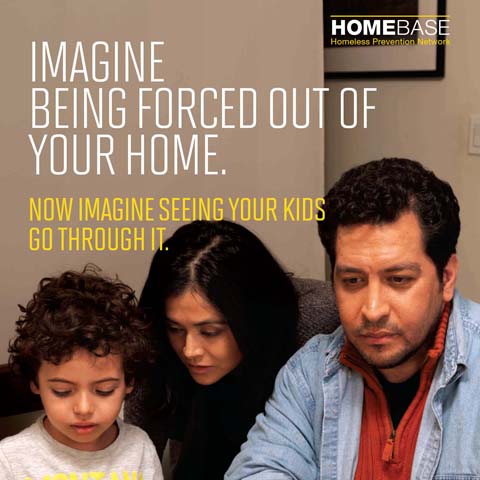
 Administration for Children's Services311
Administration for Children's Services311 Search all NYC.gov websites
Search all NYC.gov websites
Close to Home Frequently Asked Questions
Close to Home allows young people found to need a period of out-of-home placement by the Family Court to be placed in residential programs closer to their families and communities.
Under Close to Home, young people receive therapeutic services at small group homes in or near the five boroughs where they are close to resources that can support their treatment and transition back into their communities.
Click a question, or press the enter key on a question, to reveal its answer.
What is the difference between Non-Secure Placement (NSP) and Limited Secure Placement (LSP)?
The Family Court Judge has the option of placing a youth in either an NSP or LSP residence depending on the youth's risk level. Youth who are considered lower risk are generally placed in the NSP program. The NSP program is the least restrictive setting and the homes do not have secure hardware such as barbed wire fences. Youth who are considered higher risk are typically placed in LSP homes, which have more security features to ensure the safety of the residents and the communities.
How long will my child remain in placement?
It depends on your child's behavior, level of participation and progress in treatment.
Where will my child sleep while in a residential program?
Will my child be able to leave the group home?
Your child will not be allowed to leave the group home without the residential program staff's permission. Youth regularly receive permission to attend recreation and cultural events in the community.
Will my child go to school while in Close to Home?
Yes. The NYC Department of Education Passages Academy provides instruction according to grade-level in all major middle and high subjects. All classes are taught by DOE teachers and your child will receive DOE credits for their school work.
Can my child go home or receive visits or phone calls while in a residential program?
Youth may make phone calls to their family while in Close to Home. NSP placed youth may also have the opportunity to go home for a day or overnight visit with the permission of the provider. They can also receive visits from approved family members.
Who can I talk to if I have a question or concern about the program or my child's care?
Your child's assigned Placement and Permanency Specialist (PPS) can respond to any questions or concerns you have. You can also contact the ACS Office of Advocacy by calling the ACS helpline at (212) 676-9421.
What are my child's obligations once they are released from the residential placement program into aftercare?
Youth must continue to work with the PPS and the aftercare provider after they are released. Any youth who violates Close to Home conditions risks losing their aftercare status and being returned to placement.






